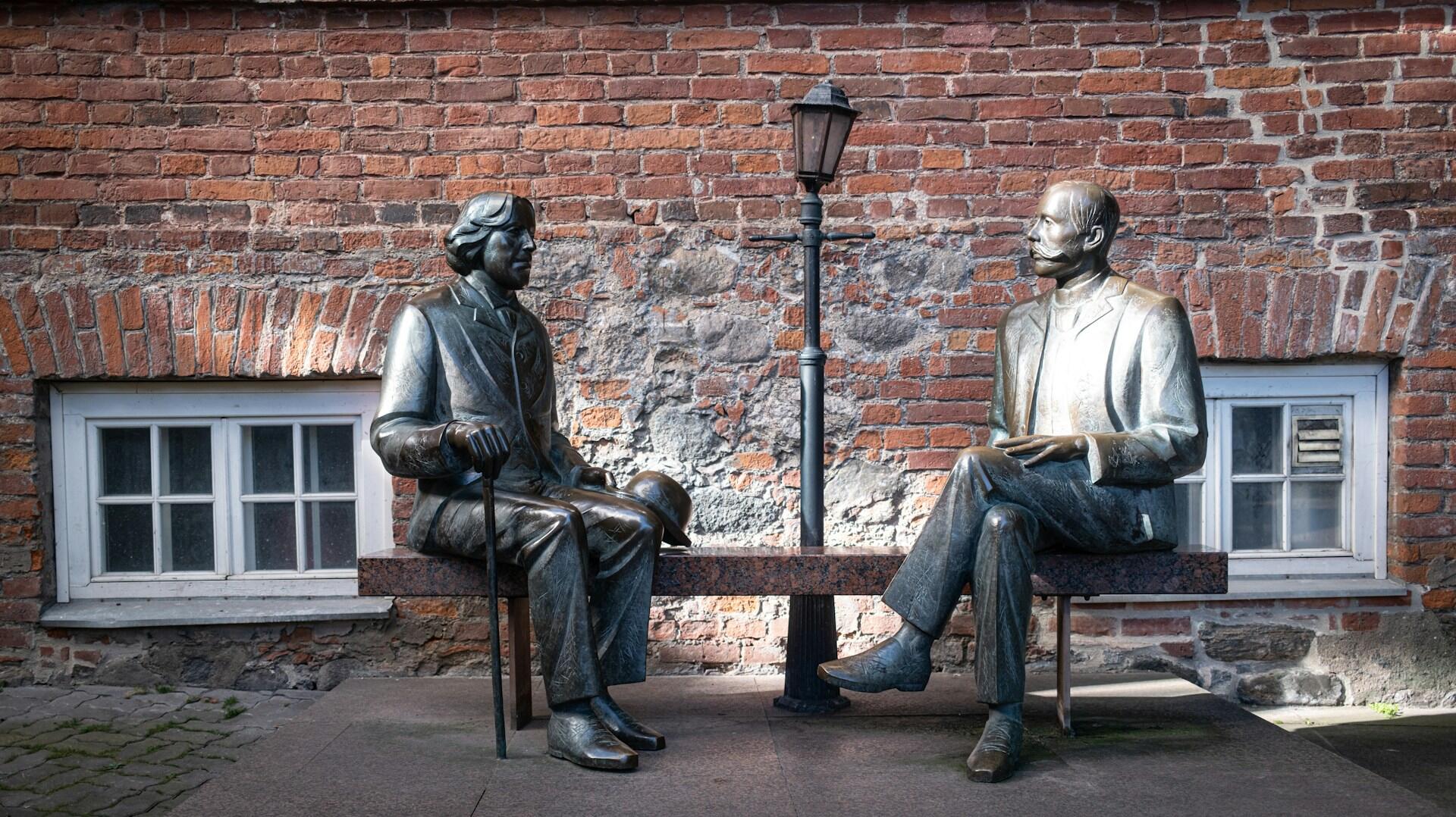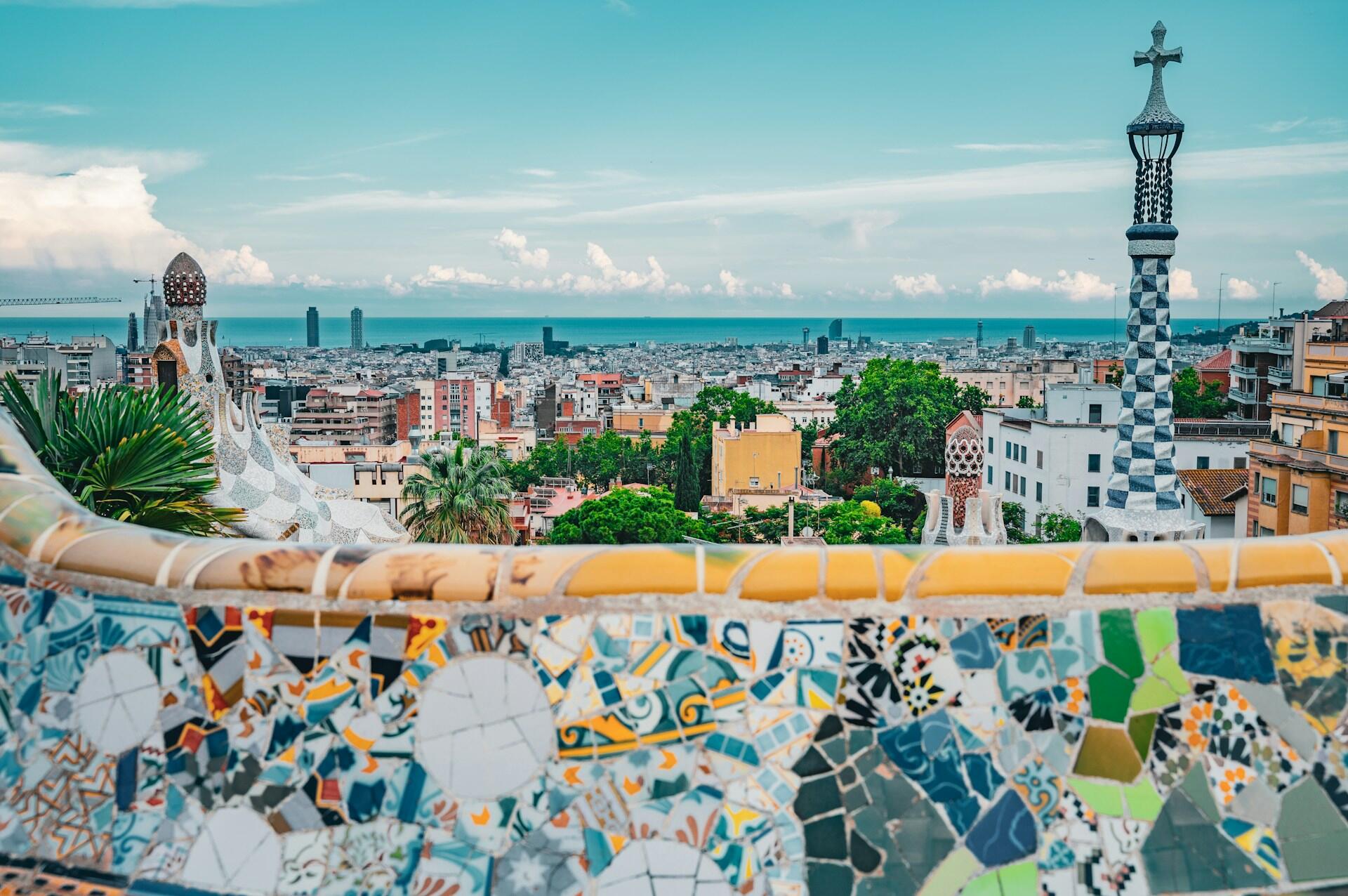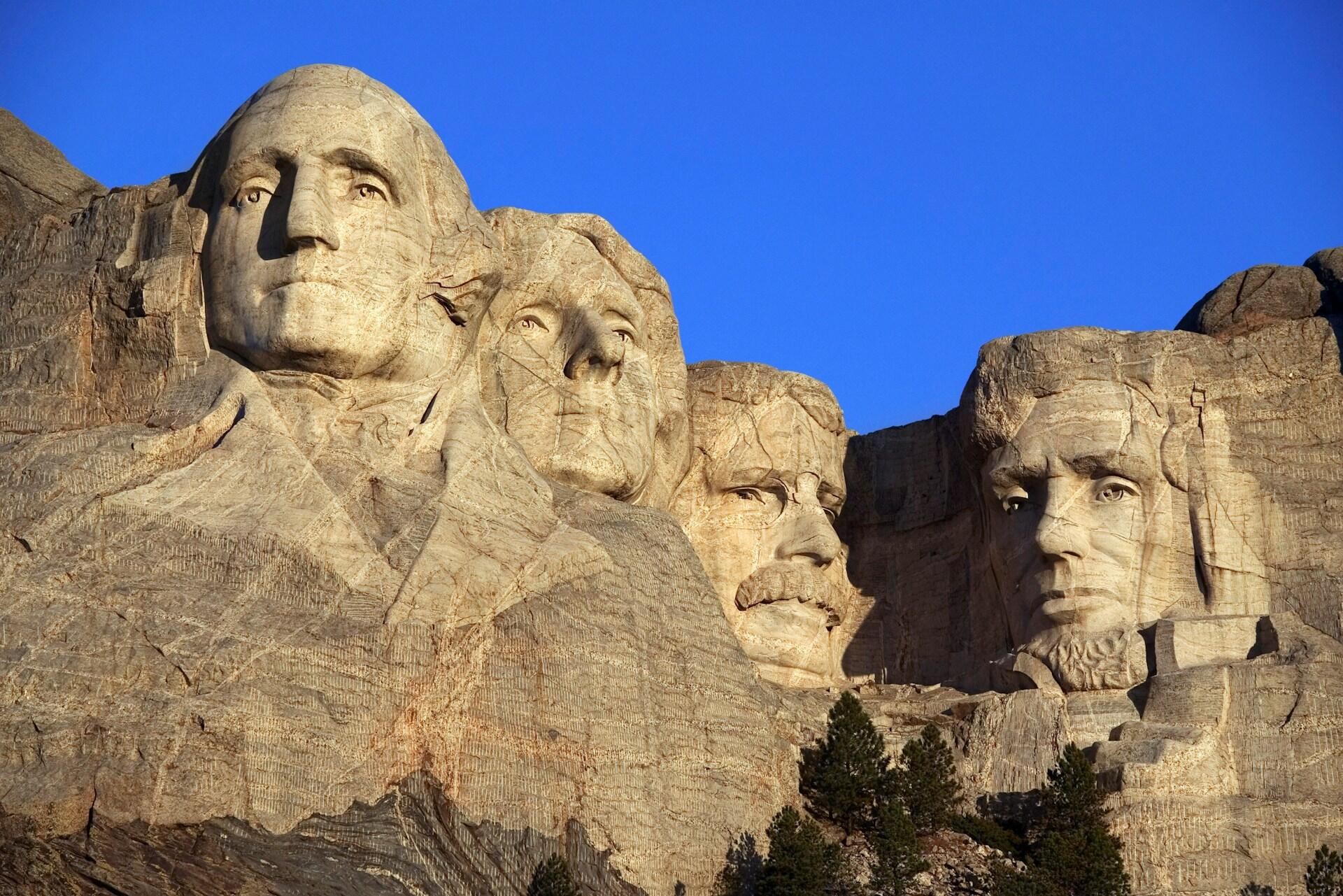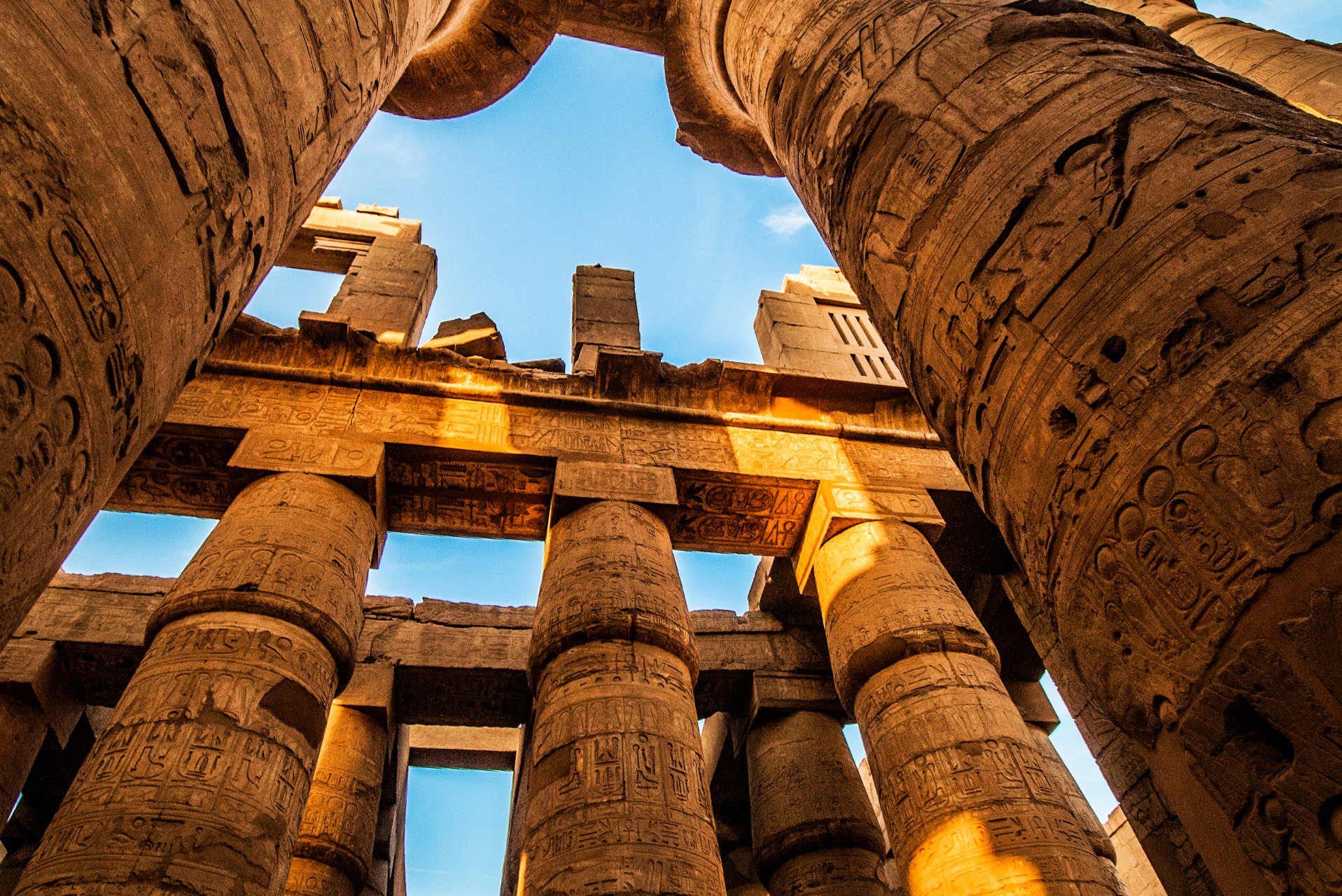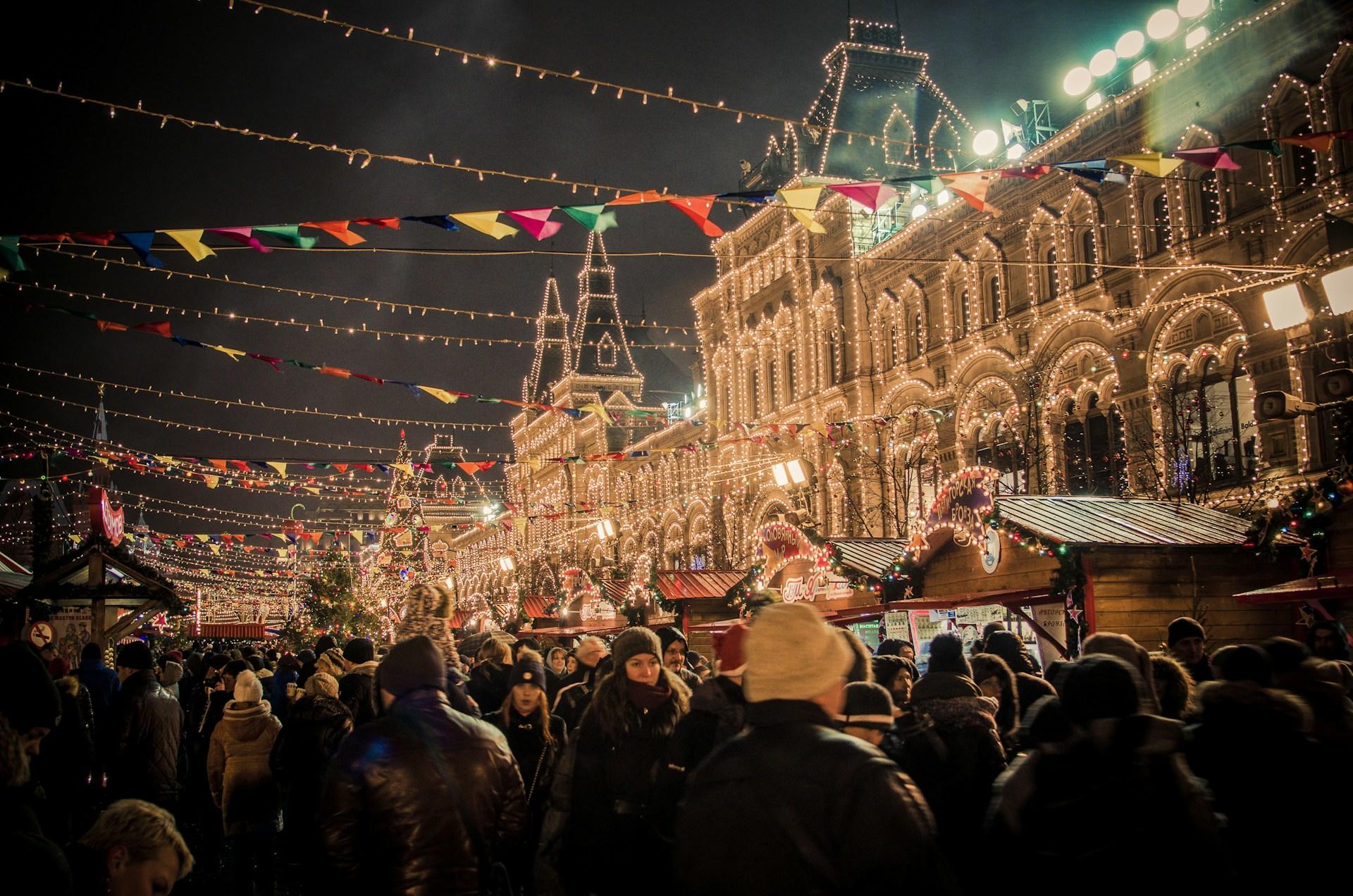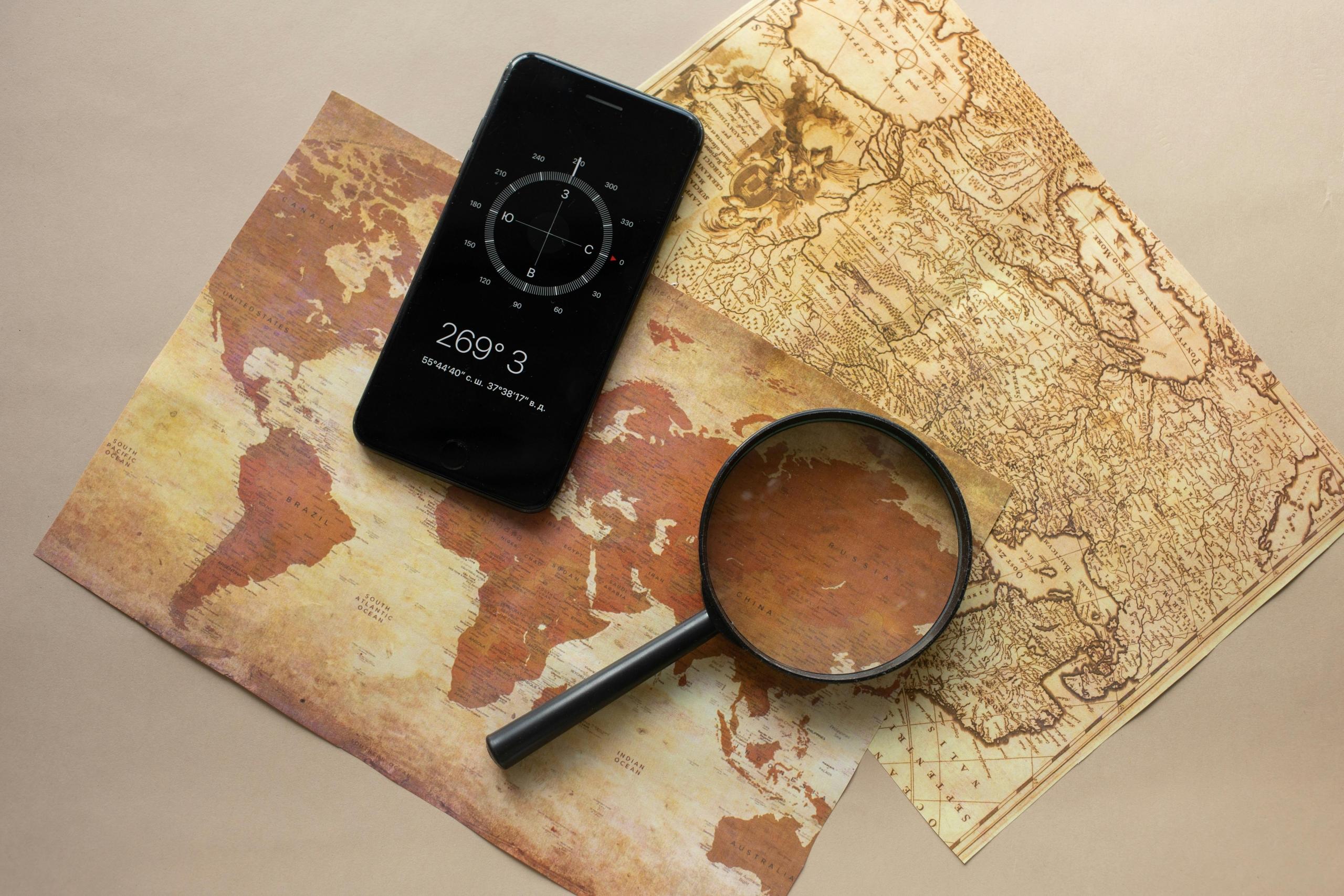Immerse yourself in the fascinating world of the ancient Romans and test your knowledge of their gods, heroes and legends! In this quiz, you can find out how well you know the exciting and varied mythology of the Romans.
Let yourself be carried away by the stories and figures of the ancient world of the gods and discover how they shaped the lives and culture of the Romans. Are you ready to put your knowledge to the test? Good luck and, above all, have fun!
Quiz
Quiz :
The Gods, Heroes and Legends of Roman Mythology
Roman mythology is rich in fascinating gods that played an important role in the daily lives of the Romans. These gods and goddesses were worshipped for various aspects of life, from natural phenomenas to important social events. The Roman religion included a variety of gods, each with their own duties and responsibilities, which were respected and worshipped by the Romans.
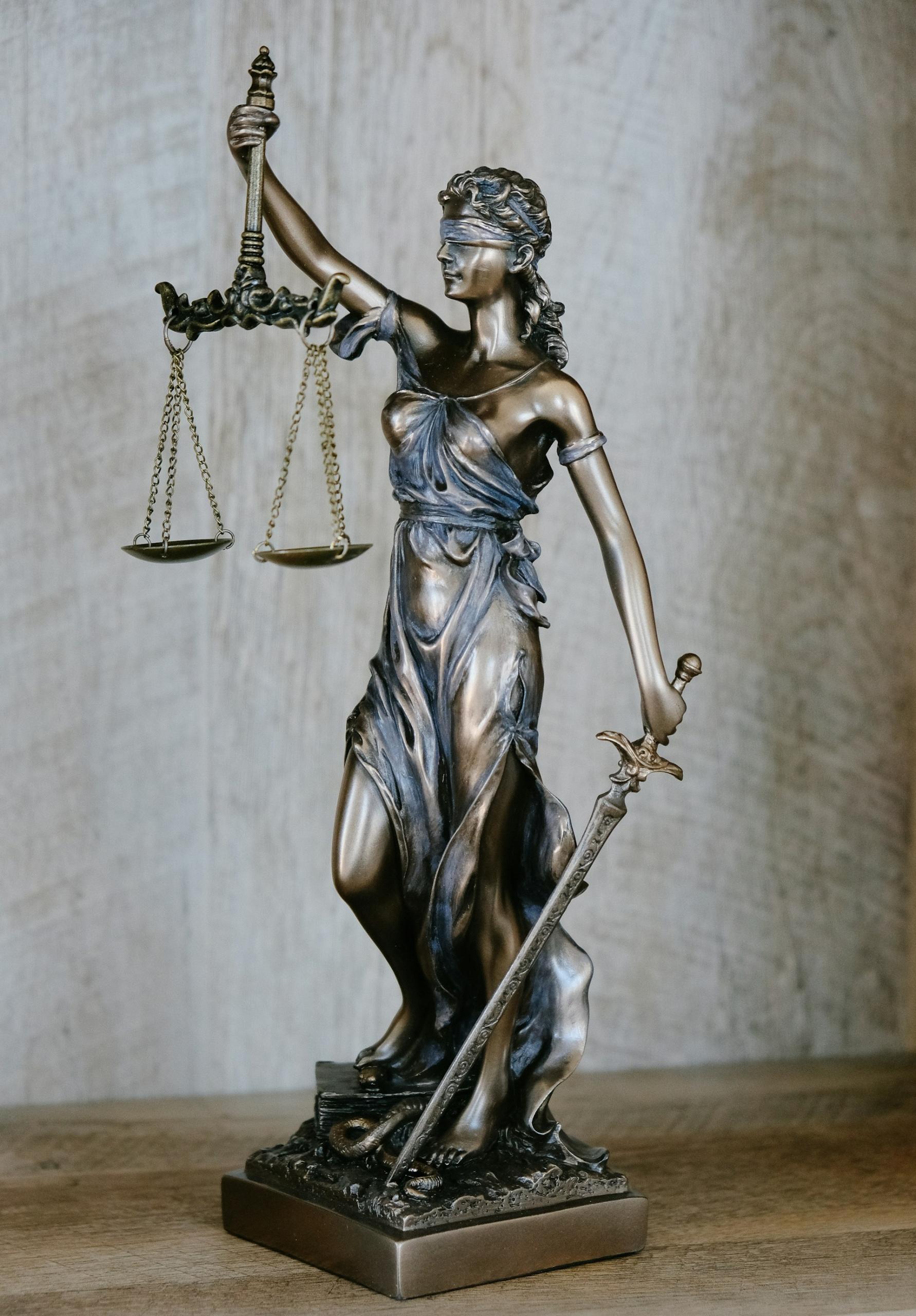
A central aspect of Roman mythology is the idea of gods who rule over heaven, earth and sea.
Each god had their own specific function and was often represented by certain symbols or attributes. We still recognize many of these symbols today.
The blindfolded goddess of justice, Justitia, for example, stands for fair judgment, the scales for careful weighing and the sword for the necessary severity.
In addition to the gods, heroic figures and legends also play an important role in Roman mythology. These stories are about courageous deeds, extraordinary adventures and the pursuit of fame and honor. The legends are often rich in symbolism and offer an insight into the values and ideals of Roman culture.
Roman mythology tells of great heroic deeds and the challenges that these figures had to face. Their stories are not only exciting, but also reflect the Romans' ideas of virtue, bravery and destiny. These tales are an essential part of our cultural heritage and offer valuable insights into ancient Rome.
The Importance of Roman Mythology
Roman mythology not only shaped ancient Rome, but also left a deep influence on Western culture, literature and art that extends to the present day. Many of the great Roman myths have been immortalized in literature, especially in works such as Virgil's “Aeneid” and Ovid's “Metamorphoses”.
These writings are among the most important literary works of antiquity and made the myths and legends of the Roman gods and heroes accessible to a wide audience. They are still studied in schools and universities today, and their stories can be found in countless works of world literature.
Roman myths have also played a central role in art. Over the centuries, they have been depicted by artists from all eras - from ancient frescoes to Renaissance paintings and Baroque sculptures. The gods, heroes and symbolic figures were used to depict themes such as power, wisdom, love or revenge. For example, depictions of Venus as a symbol of beauty or Mars as the embodiment of war can be found in many works of art from this period.
Roman mythology has also left its mark on modern language. Many terms and expressions that we use as a matter of course today have their origins in the stories of Roman mythology. For example, the term “jovial” is derived from Jupiter (Roman: Jovis) and describes a good-natured, cheerful person. Planets such as Mars, Venus and Neptune are also named after Roman gods and thus find a modern connection to the ancient stories.
We often encounter Roman mythology in everyday life without consciously realizing it. The terms, symbols and stories have taken a firm place in our culture and remind us of the rich history and cultural heritage of ancient Rome. Whether in art, literature or everyday language, Roman mythology lives on and continues to inspire us today.
Summarize with AI:

















